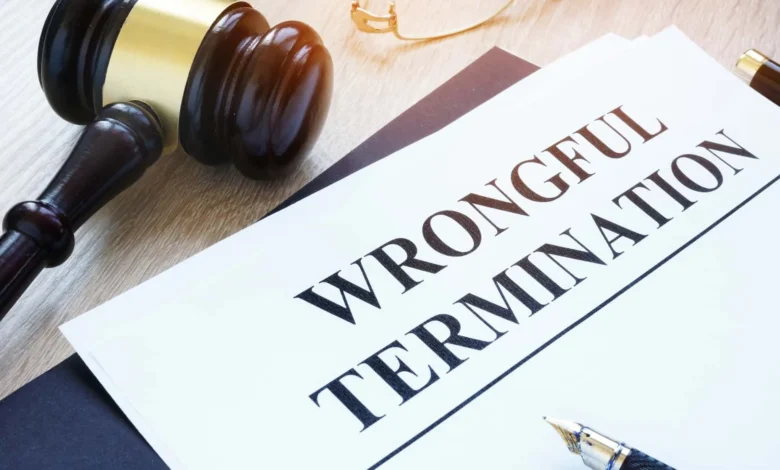What to Know When Considering Filing a Wrongful Termination Claim in Connecticut

Under state and employment laws, every Connecticut worker has basic rights. These rights include protection against wrongful termination. Employees who have been wrongfully let go by their employers should seek legal help. Connecticut Employment Lawyers at Capclaw can assess their case, explain their legal options, and protect them from illegal termination.
Wrongful Termination in an At-Will State
In Connecticut, employers can terminate a worker without giving a reason, but it has to be legal. However, if a worker is fired for illegal reasons under state employment laws, the employer can face a wrongful termination complaint or lawsuit. State laws prohibit employers from firing a worker based on your protected class or as retaliation to your engagement activities such as whistleblowing. If you believe you have been wrongfully terminated, an employment lawyer can help you bring a claim with the EEOC and the Commission on Human Rights and Opportunities (CHRO). You can file a claim within 180 days from the termination date. Not filing within this timeframe will result in you losing your right to sue in court.
Common Reasons a Termination Can be Wrongful
Your employer cannot terminate your employment based on the following:
- Discrimination. State and federal laws identify different protected classes or characteristics that employers cannot use as bases for employment termination. For example, employers cannot fire a worker due to their age, race, sex, disability, religion, national origin, and gender identification. Also, they cannot fire an employee by taking a medical leave under the federal Family Medical Leaves Act. Also, firing an employee after requesting reasonable accommodation for their qualifying disability is illegal.
- Breach of contract. If you and your employer have a contract that makes a promise, your employer cannot fire you in violation of this contract. In an express employment contract, all terms are outlined, including compensation, duties, and benefits. Also, the state recognizes the validity of an implied contract, which is usually based on information in the employee handbook or a letter that extends an employment offer.
- Retaliation. Under many laws, retaliating against employees who take part in protected activities is illegal. For example, employers cannot fire a worker for complaining or opposing discrimination or sexual harassment and blowing the whistle on unlawful workplace practices.
- Public policy violation. Under state law, employers cannot fire workers for reasons that violate public policies. Such kinds of claims include situations where a worker opposes the fraudulent practice of their employer or practices that violate a regulation or statute. Also, if your employer fired you for refusing to do illegal things for them, you can sue them for wrongful termination.
Average Settlement for Wrongful Termination Lawsuits
If you and your employer agree to settle the case without going to court, the settlement amount varies depending on your case’s specifics. In general, settlements include compensation for lost wages, benefits, and emotional distress. Also, the strength of your evidence and the interest of your employer to resolve the case discreetly will influence the settlement.
If you think you are a wrongful termination victim, hire an experienced employer lawyer as soon as possible. Because employers have the right to terminate employees without giving a reason, proving if the action of your employer constitutes wrongful termination can be hard. An attorney can look into your case and discuss your options to recover damages. They will assess the motivation of your employer for letting you go, and collect evidence to seek a huge settlement. The best employment law attorney in the state is committed to making sure your rights are protected. They will make a claim regarding the illegal conduct of your employer within the time permitted by law.



